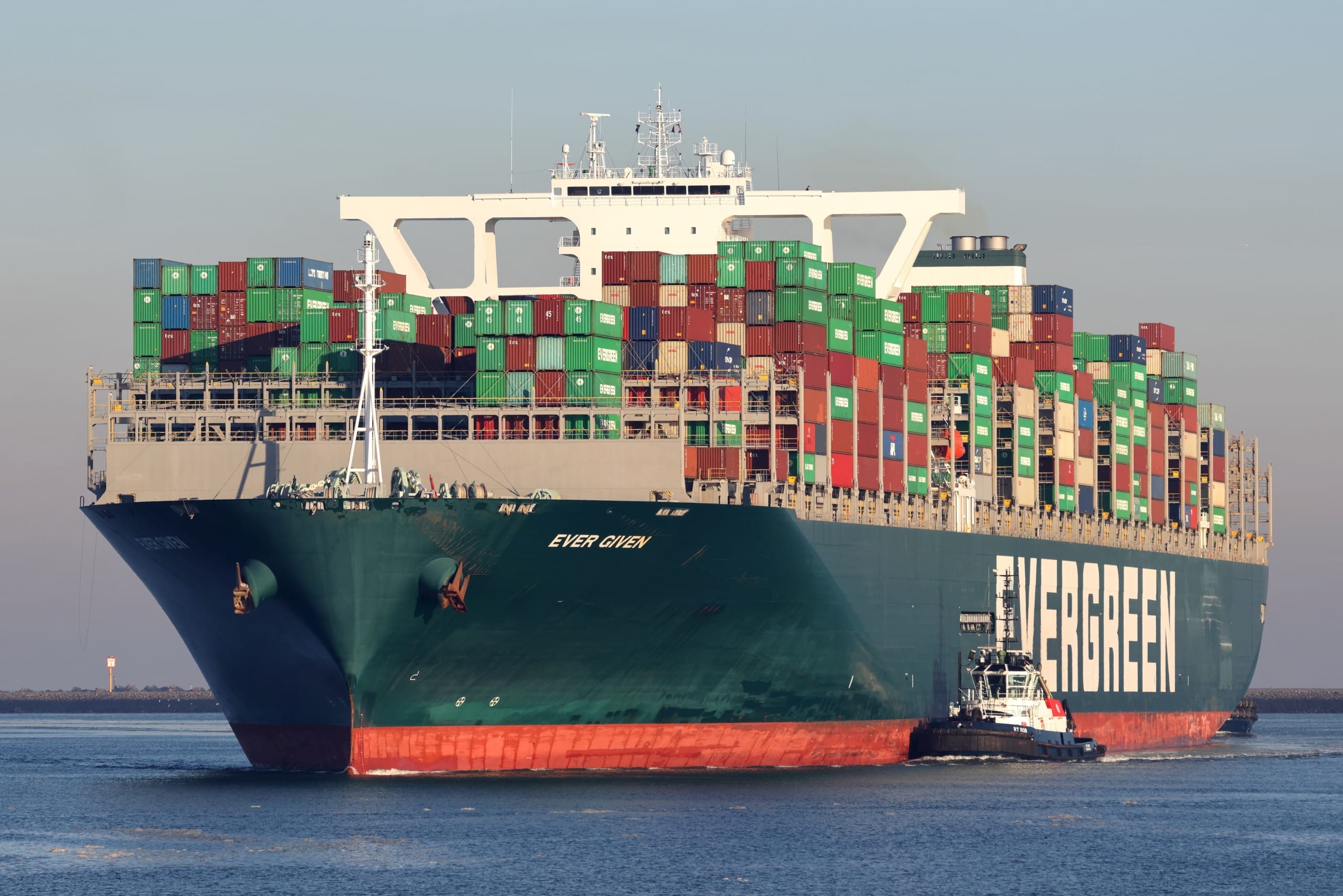Despite trade wars and new tariffs, China remains the top choice when looking to outsource manufacturing overseas. A massive infrastructure with nearly every manufacturing discipline is in place as are advanced transportation systems, increasing regulatory compliance, and innovation as a top priority in China’s latest 5-year plan.
Simply relying on the internet will not provide enough insight when entrusting your company’s future sales and supply chain success. With over 37 million search results for “contract manufacturer in China”, finding the right company can be a task of itself. Refining your decision takes thoughtful planning and strategy.
A manufacturer’s track record, experience, quantities required (MOQ) and production capabilities, and culture are essential to long term success. These 4 simple things will help you distinguish the finalists from all other choices.
Finding reliable manufacturers in China: Identify, Verify, Qualify
1. Positive Track Record
Identify potential candidates with a favorable track record. Consider the company’s years in business, the number of employees and turnover, historical products produced, and markets served. Send factories a Request for Information (RFI) to inquire about these and other criteria. Follow up by scheduling a Skype or We Chat call then visit the facility to verify the legitimacy of your findings.
“One way to audit factories is hiring professionals. You wouldn’t go out and pretend to be a lawyer. Don’t pretend to be a manufacturing or sourcing expert if you’re not.” – Ashton Udall. Global Sourcing Specialist
Assuming an internet search will provide essential information does not suffice. There are China blacklists, but usership has been somewhat sporadic and there’s no official organization or regulatory agency that sponsors these lists.
2. Industry Experience and Quality Control
Verify the contract manufacturer has worked with US or Western customers who insist on the highest quality standards. Confirm the factory has produced similar products to yours and are experts in your industry. Qualify the manufacturer’s supply chain and material availability. Verify the company is staffed and equipped with the required equipment. Audit the manufacturer’s quality system and assess the organization and efficiency of the facility. To mitigate quality issues, look for companies with an established Quality Control department or a quality control inspection process that follows ISO-9001.
“The ISO certification, in particular, ensures that your team, as well as your project, will be handled with honesty, integrity, and precision.” M&M Machine and Assembly
Beware of unethical suppliers who will wave quality standards to cut costs. Ask for samples prior to fully committing to a contract manufacturer to verify they meet your requirements.
Consider asking the following questions in your assessment:
- Is the manufacturer familiar with your product category?
- Does the manufacturer understand your target market?
- Does the contract manufacturer have their own brands which might compete directly with yours?
- To which countries does the manufacturer currently export the majority of their products?
- How many years have they been in the industry?
- Ask for references
Other Considerations:
- Business license, export license, and certifications
- Equipment maintenance
- Inbound raw material inspections
- Current regulatory compliance
3. Are My Volumes a Fit?
Ask manufacturers about their Minimum Order Quantity (MOQ) and choose the one that aligns the best with your business model. Being up front and conservative with annual volumes will save valuable time and effort. Is the factory willing to initially produce smaller, startup runs? MOQ is a key consideration as it ties up cash so careful analysis should be given to carrying costs of capital.
4. Culture
The Chinese business environment is very different than in Western countries. Language barriers can create significant gaps in communication. Ensure the overseas manufacturer has English-speaking staff to effectively communicate product requirements. A manufacturer whose goals align with yours is critical to a successful partnership. Companies who share your values will invest in your success. Identify those who act with professionalism and honesty.
Wrap Up
Working with the wrong manufacturers will cost you time and capital. Identify potential candidates for preliminary factory visits. Verify that the factory’s equipment, expertise, familiarity with materials, and culture meet your requirements. Qualify the factory based on ISO standards, QC departments, financial stability, R&D capabilities, IP protection history, etc. If you can’t personally visit a factory to verify, identify and qualify a contract manufacturer consider hiring third-party company to validate its legitimacy.
For additional information on how to certify the manufacturing company actually exists check out: How the Experts are Sourcing from China






Follow Us